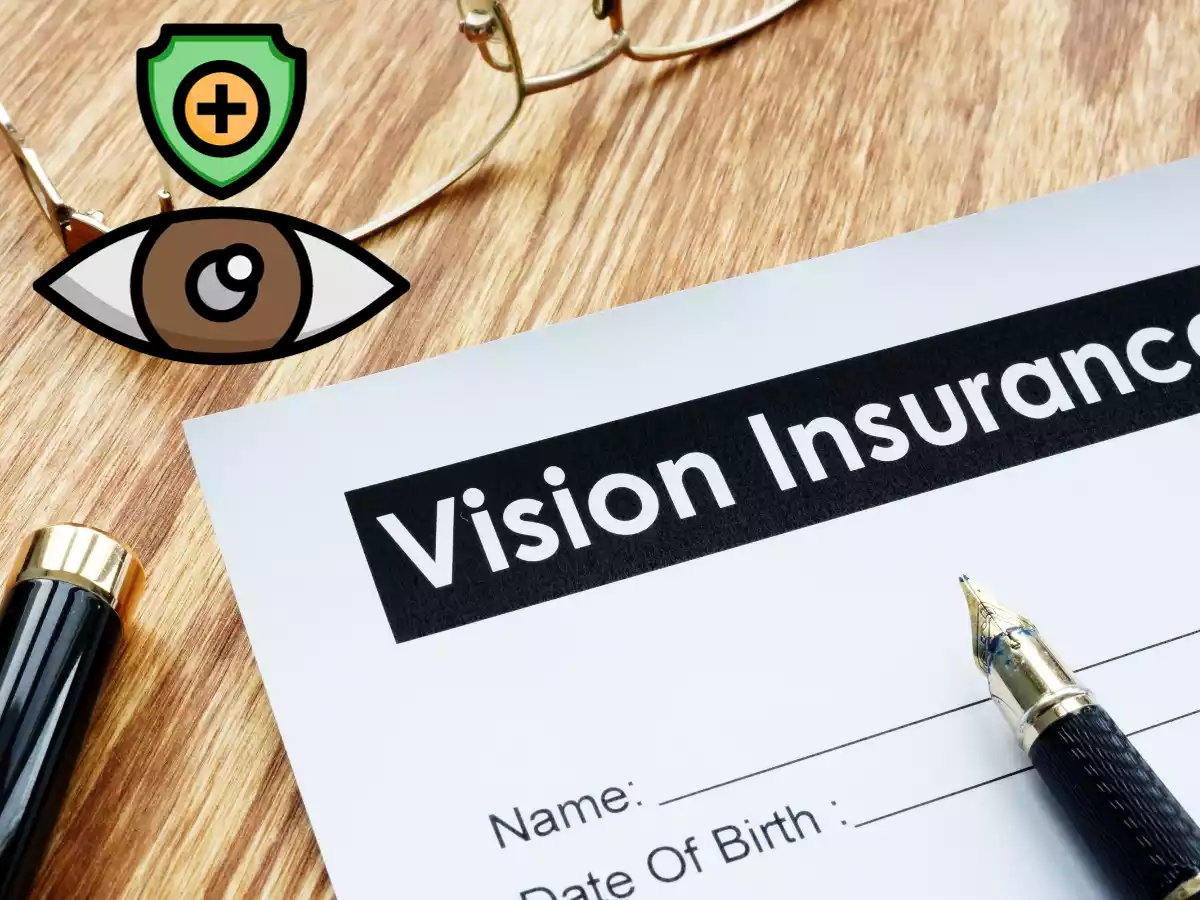Vision problems can significantly impact your daily life and overall well-being. Double vision, also known as diplopia, is a visual issue that can be concerning and may require medical attention. In this article, we will explore double vision insurance coverage, helping you understand how insurance can assist in managing and treating this condition.
Understanding Double Vision
Before delving into insurance coverage, let’s briefly discuss what double vision is. Double vision occurs when a person sees two separate images of a single object instead of a single, clear image. It can be caused by various underlying issues, including eye muscle problems, nerve disorders, or eye conditions like cataracts.
Types of Insurance that May Cover Double Vision
If you experience double vision and seek medical evaluation and treatment, several types of insurance may provide coverage:
1. Health Insurance
Most health insurance plans, including private, employer-sponsored, and government programs like Medicare and Medicaid, cover medical services related to double vision. This coverage typically includes visits to doctors, specialists, and diagnostic tests to determine the underlying cause.
2. Vision Insurance
Some vision insurance plans offer coverage for eye-related issues, including double vision. These plans may cover visits to optometrists or ophthalmologists and assist with the cost of prescription eyeglasses or contact lenses to correct the condition.
3. Disability Insurance
If double vision is severe and affects your ability to work, disability insurance may come into play. Long-term disability insurance can provide financial support if you are unable to perform your job due to this vision problem.
Determining Coverage for Double Vision
To understand your insurance coverage for double vision, consider the following steps:
1. Review Your Policy
Carefully review your insurance policy, whether it’s health, vision, or disability insurance. Pay attention to the sections that pertain to medical conditions, coverage limits, and co-payments or deductibles.
2. Contact Your Insurance Provider
Reach out to your insurance provider’s customer service or claims department to inquire about coverage for double vision. Ask specific questions about which services and treatments are covered, and if any pre-authorization or referrals are necessary.
3. Consult with Healthcare Professionals
If you experience double vision, it’s crucial to consult with healthcare professionals, such as ophthalmologists or neurologists. They can diagnose the underlying cause and recommend appropriate treatments. Be sure to inform them about your insurance coverage to make informed decisions about your care.
4. Keep Detailed Records
Maintain detailed records of all medical visits, tests, and treatments related to double vision. This documentation can be valuable when submitting insurance claims or appeals.
FAQs
1. Is double vision always a serious medical condition?
Double vision can be caused by various factors, some of which are relatively minor, while others may indicate a more serious underlying condition. It is essential to consult with a healthcare professional for a proper diagnosis and appropriate treatment.
2. Will my health insurance cover the cost of eyeglasses or contact lenses to correct double vision?
Health insurance typically covers medical services related to the diagnosis and treatment of double vision but may not cover the cost of eyeglasses or contact lenses. Vision insurance may provide coverage for corrective lenses.
3. How can I appeal a denied insurance claim for double vision treatment?
If your insurance claim for double vision treatment is denied, you can typically appeal the decision. Contact your insurance provider for instructions on the appeals process, and consider seeking assistance from a healthcare advocate if needed.
4. Can I purchase standalone vision insurance to specifically cover double vision?
Some vision insurance plans may cover double vision, but coverage can vary. It’s advisable to review the details of different vision insurance plans and select one that best suits your needs.
5. Is double vision considered a disability for insurance purposes?
Whether double vision is considered a disability for insurance purposes depends on the severity and impact of the condition on your ability to work. Long-term disability insurance may provide coverage if the condition prevents you from performing your job.
Conclusion
Double vision can be a distressing condition, but with the right medical care, it is often treatable. Understanding your insurance coverage for double vision is essential to ensure that you receive the necessary medical attention without incurring excessive costs. Review your insurance policies, communicate with your insurance provider, and seek professional medical advice to address double vision effectively.
Read more:https://www.dailyrewardslogin.com/
More related
- who is the principal in a life insurance policy
- renters insurance for basement apartment
- refundable cargo insurance
- kv rao insurance reviews
- if you sue your insurance company can they drop you
- group number on insurance card united healthcare student resources
- how to find out if my landlord has insurance or not
